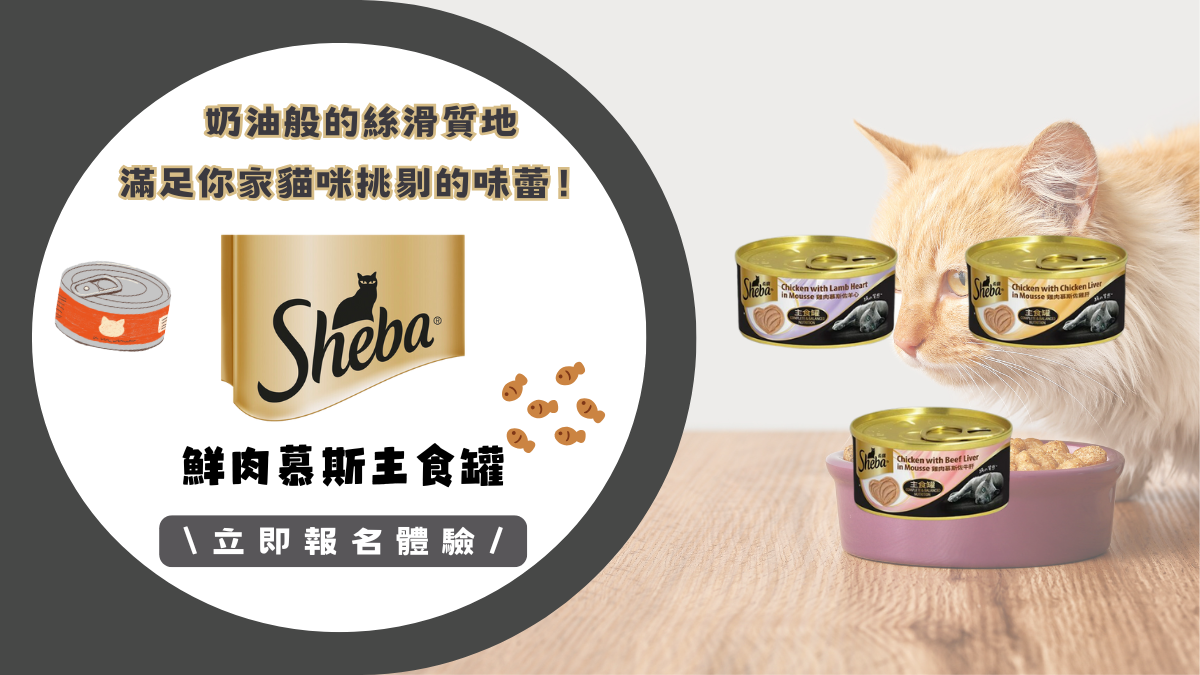The vast majority of Americans say they prefer lower prices instead of paying a premium for items labeled "Made in the U.S.A.," even if it means those cheaper items are made abroad, according to an Associated Press-GfK poll.
《美聯社》與「捷孚凱行銷研究顧問公司」民調顯示,與其付高價購買有「美國製造」標籤的物品,絕大多數美國民眾寧可選擇較低價者,即便這意味著那些相對便宜的物品不是美國國貨。
While presidential candidates like Donald Trump and Bernie Sanders are vowing to bring back millions of American jobs lost to China and other foreign competitors, public sentiment reflects core challenges confronting the U.S. economy. Incomes have barely improved, forcing many households to look for the most convenient bargains instead of goods made in America.
儘管像川普和桑德斯等有志角逐美國總統大位者,矢言「收復」美國人流失給中國及其他外國競爭對手的數百萬個工作,但美國大眾的心理卻反映出美國經濟面臨之關鍵挑戰。所得迄今幾乎停滯不前,迫使許多家庭尋求最合宜的價廉商品,而非國貨。
Asked about a real world example of choosing between $50 pants made in another country or an $85 pair made in the United States — one retailer sells two such pairs made with the same fabric and design — 67 percent say they’d buy the cheaper pair. Only 30 percent would pony up for the more expensive American-made one.
美國民眾被問到,若現實生活中有家零售商賣兩條布料和設計相同的褲子,一條是50美元的外國製褲子,一條則是85美元的國貨,你會選擇買哪一條?結果67%的受訪者回答,價廉的那條將雀屏中選,唯有30%的受訪者會為較貴的國貨掏腰包。
Americans are slightly more likely to say free trade agreements are positive for the economy overall than negative, 33 percent to 27 percent. But 37 percent say the deals make no difference. Republicans(35 percent)are more likely than Democrats(22 percent)to say free trade agreements are bad for the economy.
認為自由貿易協定(FTA)對美國整體經濟利大於弊的美國人民稍高(33%比27%),但37%表示這類協定對經濟毫無差別;在政黨的傾向上,35%的共和黨支持者覺得FTA對美國經濟有害,持這種觀點的民主黨支持者則有22%。
新聞辭典
premium:名詞,高價、獎金(品)、津貼。例句:The concert ticket can be bought at a premium. (這場演唱會的門票能以高價購得。)
barely:副詞,幾乎沒有、僅僅、剛好。例句:My wages are barely enough to keep body and soul together.(我的薪水只能勉強溫飽。)
pony up:動詞片語,付錢。例句:Print subscribers will have to pony up if they want to read the magazine online.(雜誌的紙本訂戶須付費方能閱讀網路版。)
宏浩翻譯引用自 http://iservice.ltn.com.tw/Service/english/english.php?engno=984996&day=2016-05-01




 留言列表
留言列表


